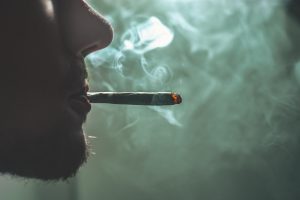
Labeled by the U.S. Government as the largest drug-safety settlement to date with a generic drug manufacturer; Ranbaxy Laboratories has just pled guilty to three felony counts under the Food, Drug, and Cosmetic act, and four felony counts of of providing false statements to the United States Food and Drug Administration.
The company failed to conduct proper safety and quality tests of several drugs that were manufactured in the Indian plants. These generic drugs were manufactured in Paonta Sahib, and Dewas India. The major drugs involved in this case were the generic versions of Gabapentin, Sotret, and Ciprofloxacin. This is a great cause for concern because compared to the plants in the United States which are inspected by the F.D.A. once every two years, plants over seas are inspected about once every seven to thirteen years. It has been proven between June and August of 2007, certain batches of medications had tested positive for “unknown impurities” and had unreliable shelf lives. Ranbaxy waited two months until October of that year to report these impurities.
Arun Sawhney, the chief executive officer stated that “today’s announcement marks the resolution of this past issue… We are pleased to continue bringing safe, effective, and quality medicines to market for the benefit of consumers in the U.S. and other parts of the world.” However, last November Ranbaxy had to halt production of generic Lipitor because glass particles had turned up in pills that were being distributed to the public. This problem was traced back to another plant in India who was found to have a cracked glass lining in a tank used for production of the drug. They fixed the issue and were allowed to resume manufacture in February.
Ranbaxy settled the case for $500 million that they had already set aside in the anticipation of a lawsuit. The company paid a criminal fine of $150 million and paid $350 million to settle civil claims. The whistle-blower, as former Ranbaxy executive who alerted the federal government of these problems will receive close to $49 million as compensation.



